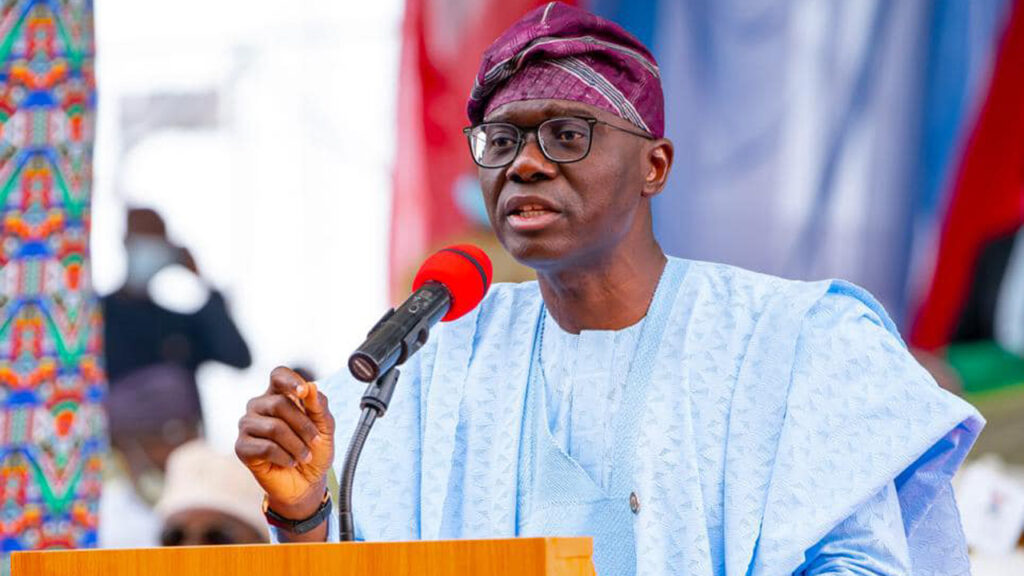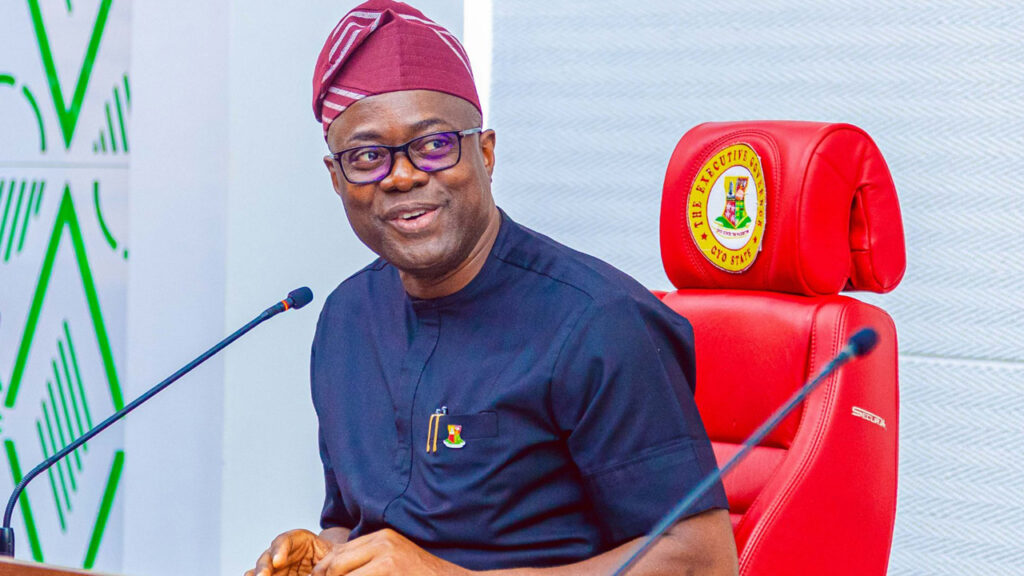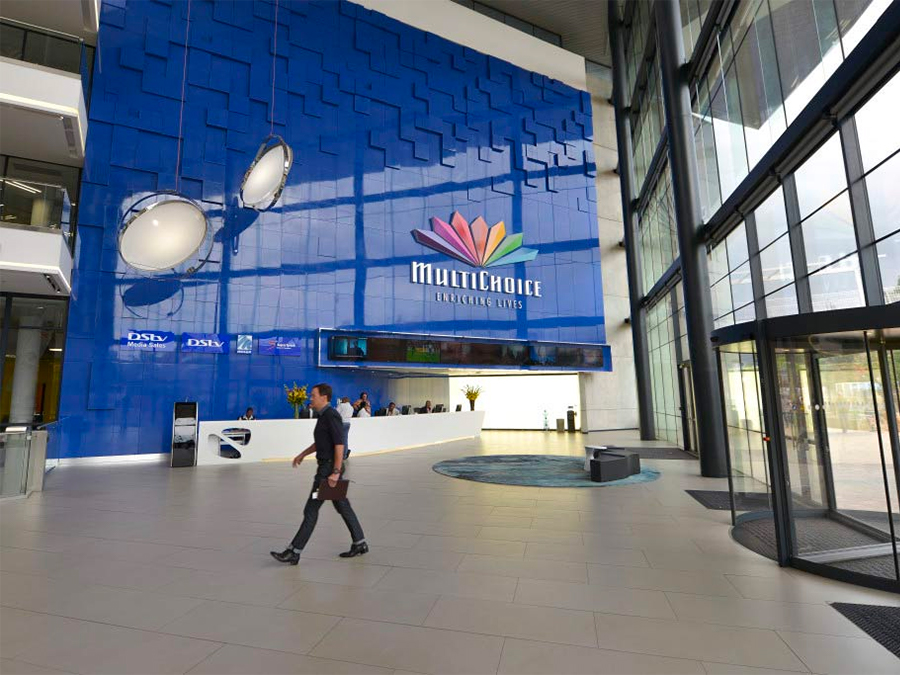
Group Managing Director (GMD) of the Nigerian National Petroleum Corporation (NNPC), Dr. Emmanuel Ibe Kachikwu’s responses to Senators’ posers at last week’s ministerial screening.
In Planned Increase In Pump Price of PMS
WE have come out very clearly that there is no such plan. In the next one or two days, you will find that individuals will open their stations and products are there. We have enough storage in this country that will last us for the next 40 to 50 days. Refineries are operating today at about 25 to 27 per cent capacity. I know that there had been this whole number bandied around on the fact that we are producing at 65 per cent performance level. That is not true, and I have advised His Excellency as such.
My analysis over the last six weeks confirmed a consistent trend, because there is no upsurge. But on average, our performance level is between 25 and 28 per cent. If we cannot run the refineries, we need to get out, make adequate arrangement to privatise and take them out. We have instituted a process of not giving crude to any refinery that is not producing properly. I have given a 90-day programme, which is working. I am glad that over the last three weeks, Port Harcourt refineries, for example, are producing right now at about 67 per cent capacity. Our intention is to grow Port Harcourt to about 70 to 75 percent capacity by the end of the year.
Warri refinery is beginning to signal that there is likelihood they would come on stream, because, right now, both Warri and Kaduna are shut down. We just finished repairs in the pipelines. We are going to begin to pump crude into Kaduna refineries tomorrow, Wednesday, October 14, and hopefully, over the next four to five days, they will get the stock that they need to get the plant kicking. We will then know whether they are in a position to continue to produce seamlessly above 65 percent.
If any refinery produces below 60 percent, it is no production, because the performing capacities of refineries worldwide are in the 90 per cent range and above categories. That is when you begin to make yields that turn into a profitable refinery.
So, we are hoping that when Kaduna refinery begins operation, it would benchmark on what is happening in Port Harcourt. What I have, as a mandate, is that at the end of December when the 90-days is over, we will sit down and say which ones have shown a capacity to consistently perform at levels that make optimal sense. For those that do not meet this criterion, we will have to shut down and do complete maintenance.
Why Refineries Are Not Producing At Optimal Capacity
Over the last 10 years, we have not really done a serious shut down routine maintenance on the refineries. Most of these refineries are 30 years old and above. Refineries have a lifespan of 50 to 60 years if they are maintained constantly. But lack of maintenance has shut them down to a point where they cannot work. And our engineers have done a fantastic work to tinker the mechanics with every little part of the refinery to keep it going.
The cost of imported products is exorbitant. And at the end of the day, the landed cost of imported product is far more than the authorised sales prices. We have to get the refineries to work, shut down the ones that cannot work and get them maintained so that they can work better and build strategic reserves.
The long term solution is to privatise the whole rudiment of downstream sector performance as much as we can, because once you do that, people will go into the business for profit; they will do investments that are required for long-term basis and you will find solidity in terms of availability of these products.
What we are doing right now is an interim, holistic but firm and forecasted management in the sector to ensure that our citizens do not suffer. Kerosene is a different ball game. You will notice that only NNPC for now imports kerosene. And that is because the sale prices are such that nobody can bring in kerosene and make money. As a matter of fact, 50 per cent of NNPC’s subsidy charges come from importation of kerosene.
So, the first thing is how do you get kerosene easily available? If the refineries work, we produce more kerosene. If you begin a good deforestation and afforestation programme, you can begin to slide our people away from kerosene. And so, it is absolutely essential that gas goes all over the country.
Next year, we are launching a programme that will give free cylinders to every Nigerian citizen. Once we do that, we begin to say how we can get gas to nearby depots so that it will be closer to the people because, once we do that, we begin to move out from kerosene. But until we do that, kerosene is still the bread and butter of the average Nigerian family in terms of cooking.
On the impact of non-passage of Petroleum Industry Bill (PIB)
First of all, one of the things I said to myself since resuming as GMD of NNPC is that I will not be constrained by the lack of PIB in making sure that holistic solutions to the industry are propelled. So, using existing laws, we have continued to make changes. Because, at the end of the day, whether or not PIB is available and passed, it really does not lie within the umbrella of the executive, it lies with this revered Assembly.
But I also do not think that the problem with PIB has been the fact of the versions. By the time the last Senate was rounding off, it had gotten a version that was clearly the version that both houses were looking at. Am I going to create a new version? Not really. What I will need to do is take the version that you have, look at it again and make changes. The key issue is that as long as we continue to want to pass a holistic PIB, it is going to be a major challenge. But once you begin to break it up into critical aspects, you begin to make a faster run to passing PIB. Fiscal regime, for example. You ask yourself, why would you want to have fiscal regime inside the PIB, because to effect any change to the regimes, which are very dynamic environment, you have to come back to this Assembly to also make changes.
You must find a way of pulling out fiscal regimes and leave them to existing tax laws, which you can amend. And additionally, look at the Production Sharing Contracts (PSCs) and Joint Venture Agreements (JVA) to enable you determine fiscal regimes. The advantage in that is that you have the flexibility of changing with the times.
At the time when oil price was so low that nobody was willing to invest in your country, you may give some incentives. At the time when they are so high that people are making outrageous profit, you may increase you taxes. But so long as you leave it in a holistic blue-barrelled, high voluminous PIB, you are stock in terms of how you are going to get the required votes each time to make amendment.
I think the way to go is, first of all, take what is there. I do not believe in throwing away the baby with the bath water; take what is there, look at it in the context of where we are today. But the aspects of PIB that deal with organisation, structure, administration and re-organisation of government agencies that are going to be responsible for stewarding the oil industry are still as relevant as they were before. The interests of communities are still as relevant as they were before. So, we can take those, pass them fairly quickly so that we can have some level of certainty.
I can tell you that the average source of volumes in investments that we are losing on an annual basis because of the lack of PIB is in excess of $15billion per year. And the reason is simple: it would have been better that you did not start at all than announce very flamboyantly that you are going to do PIB and step back from it. It creates a level of uncertainty that no international investor wants to grapple with.
So, I will urge this revered Senate to fairly quickly come to terms with the reality, find a way of working with us and go ahead and pass those elements of PIB, where there is no much contention. One of the key things that killed the previous bill was that there was no sufficient engagement. Our duties as individuals in the line of progress will be to go out there and have those engagements and, hopefully, submit to the National Assembly, suggestions that have come with people; things that people can live with. There are amendments that need to be made.
About 80 per cent of NNPC are working hard, only 20 percent have given the Corporation reputational issues. Corruption is still a major issue in NNPC. We are working very hard to try and wipe that out. Since I joined, we have literally cut every contract that we found suspicious. Over nearly 40 percent of the revenue that NNPC generates is utilised by NNPC for its own need. If you look at the numbers for NNPC, the corporation spends more than a lot of three or five states gathered together in terms of their annual budget.
We have downsized tremendously at the upper level, moved from nine directorates to four or five directorates. We have removed from the system about 150 DGMs and cut that down to about 100 DGMs. We have moved General Managers from a total of about 180 to about 90.
On Gas Flaring
Apart from being someone from the South-South for which the environment is a major concern to me, gas flaring cannot be a commercial way of dealing with issues. Although we approached gas flaring from a position of penalty for flared gas, we need to begin to look at taking away flaring from a position of investment in the translation of flare to money.
To stop flare, we need investment and a lot of that money is not there. So, we need to provide a National Master Gas Plan, which must be gazetted and must be put into action to enable us move forward.
The single most important deterrent to gas flaring in this country is the absence of policy, the absence of status, master plan and incentives. Unfortunately, every country in the world is leaving us behind; Qatar, Doha, the UAE are moving fairly rapidly into their gas development. We need to create the right incentives to take this up immediately, because the era of oil is beginning to slide and this is one of the areas that I am going to put a lot of energy in ensuring that we begin to focus on gas both for local consumption and for external supplies. If we do not sign up to them now, in 10 years, when we are ready, there will be no market to take them.
On Subsidy Removal
If you ask anybody from the private sector whether subsidy should remain, you will get a categorical ‘no’. You cannot embellish that. But having said that, I think that in my conversations with His Excellency, Mr. President, he understands that. He has been a petroleum minister before. But what he is deeply worried about is, if you take away this subsidy without adequate plans on the palliatives, like you just mentioned, what is going to be the impact on the populace? So, we are having a continued dialogue on this. I think we are both determined that at some point in time, given the sheer effects on the national economy of subsidy today, something would have to happen to subsidy.
We are doing a couple of things. First, we are doing an analysis in terms of subsidy in what number. Do we consume 40 million litres like the data says or do we consume 25 million litres? We have those bloated numbers. My six weeks there (in NNPC) is showing that I am closer to 30 million litres than I am to 40 million in terms of the actual million litres of fuel consumed locally. And so, to that extent, that is already 25 percent drop in the subsidy number.
Then, in terms of demurrage, can we be more efficient and wipe that out because that is about 25 percent factor. We are looking at that. Then, we have the bank interest. Now, if you can find the financing mechanism that enables us to fund as and when due intervention by independent marketers in this stuff, that adds to reduction. But at the end of the day, the problem with subsidy is that, if you do not handle it well, that is, without the palliatives, you have problems. Some of the things we are doing is what are the palliatives: National Health Scheme touches every Nigerian; so does railway development; power and transportation. Subsidy for transportation comes in terms of cost of transport or transport tickets.
So, looking at all kinds of palliatives, my understanding is that the President is a lot more minded in attacking subsidy once you are able to deal with the palliatives rather than simply yanking it out. My duty in the short term is, first, to continue that dialogue and get him comfortable with it.
Secondly and, more important, is to help him develop a comfort factor on those palliatives. Then three is to get subsidy to a level where you can say that this is the actual cost of subsidy, because there is a lot of fraud that went into the subsidy scheme. If you strip it of the fraud, what really is the subsidy? If at the end of that analysis, for example, we will find that the subsidy element is not more than N10. The question anybody would ask you is: is N10 too much an amount to give your citizens? And can you fund that subsidy through other mechanisms? But if it all turns out as the data are indicating currently before the research that you are subsidising products at about N40, clearly, the effects on ability of state governments to do their work becomes unbearable.
If appointed Minister of Petroleum, I intend to continue to pursue those drastic measures that I have done over the last six weeks to ensure that we get to where we are supposed to be.










